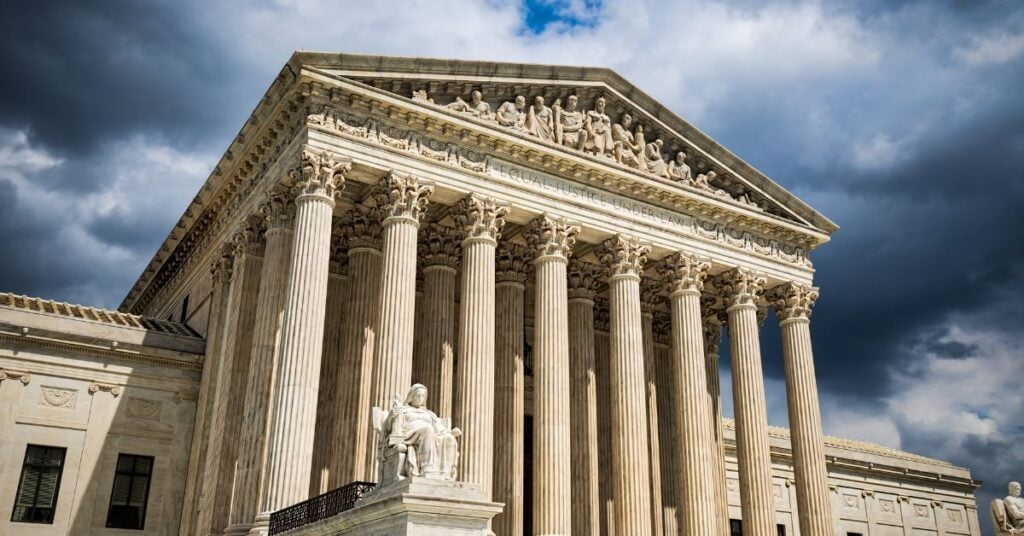This week, House Republicans have taken up bills they call tax cuts “2.0.” Most of the attention, so far, has focused on the bill that extends—at great cost—the temporary parts of the Tax Cuts and Jobs Act (TCJA).
But other legislation in the package contains provisions that make the whole deal even more tilted toward the richest households, including one that would create “Universal Savings Accounts.” Far from being universal, these new savings vehicles would benefit the same high-income households that enjoy the bulk of the tax cuts from TCJA.
The new USAs would allow taxpayers to sock away $2,500 per year in a savings or investment account, and the gains on that money could be withdrawn from the account at any time — tax-free.
In theory, this seems like a good idea. But here are the problems:
Already, taxpayers can put up to $5,500 ($6,500 for those over age 50) in a Roth IRA every year, and the gains on that investment are tax-free if the person waits until retirement to withdraw those funds. Roth IRAs, however, have income maximums. Beginning at $120,000 a year in annual income for a single filer, the maximum contribution allowed under law begins to dwindle and is eliminated altogether at $135,000. For joint filers, the benefit altogether phases out at $199,000. This income maximum makes sense. Roth IRAs are intended, in theory, to use the tax code to encourage saving and achieve economic security in retirement — not to allow the wealthy to accumulate more wealth tax-free.
The proposed USAs include no such income maximum, in effect creating a tax shelter for wealthy households. A recent Center on Budget and Policy Priorities report explains how this proposal would not only increase annual deficits but also simply incentivize those who already are saving to stash their money in these accounts for the tax benefit.
That some lawmakers could see the evidence of millions of working Americans struggling to save and provide this as the answer is astounding. A Federal Reserve survey released earlier this year reveals that nearly four in 10 people don’t have $400 in savings — much less an extra $2,500 — to cover an unexpected emergency expense like a car repair, and an equal number report that their savings are not adequately on track for retirement. Twenty-five percent of people have no pension, 401k or other retirement savings vehicle.
In spite of a growing economy, working people are not fairing as well as their wealthy counterparts. Bureau of Labor Statistics data show that real earnings have fallen since the tax law passed in December 2017. And recently released Census data on poverty and income reveal that median income is at roughly the same level that it was in 1999. For the lowest-income 40 percent, however, average annual income has declined since then.
The inability of many Americans to save stems from structural challenges in the economy that are stagnating the wages of working people, not the lack of a tax breaks that reward savings. Instead of addressing that, the proposed Universal Savings Account, like much of TCJA, simply makes it easier for the well-off to shelter more income from federal taxes.





